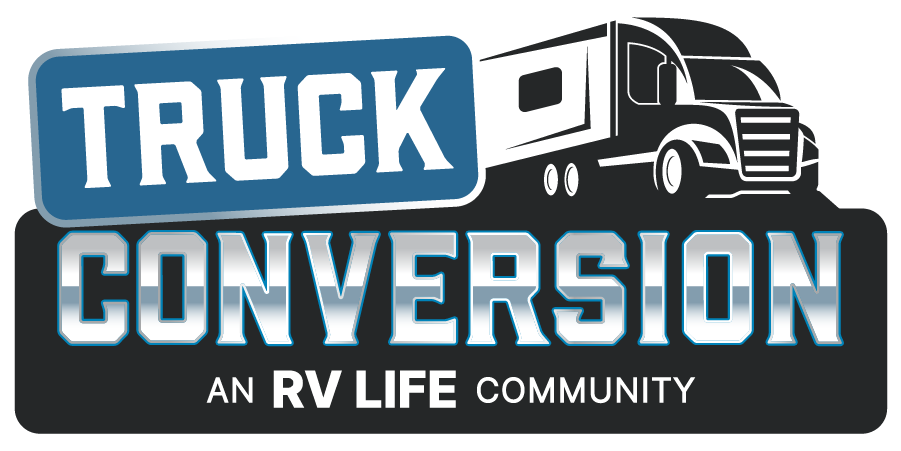Here's MN law about recreational vehicles:
Subd. 17.Motor home.(a) "Motor home" means a recreational vehicle designed to provide temporary living quarters. The motor home has a living unit built into as an integral part of, or permanently attached to the chassis of, a motor vehicle or van.
(b) A motor home must contain permanently installed, independent, life-support systems that meet the American National Standards Institute standard number A119.2 for recreational vehicles and provide at least four of the following facilities, two of which must be from the systems listed in clauses (1), (5), and (6): (1) a cooking facility with liquid propane gas supply, (2) a refrigerator, (3) a self-contained toilet or a toilet connected to a plumbing system with a connection for external water disposal, (4) a heating or air conditioning system separate from the motor vehicle engine, (5) a potable water supply system including a sink with a faucet either self-contained or with connections for an external source, and (6) a separate 110-125 volts electrical power supply.
(c) For purposes of this subdivision, "permanently installed" means built into or attached as an integral part of a chassis or van, and designed not to be removed except for repair or replacement. A system that is readily removable or held in place by clamps or tie-downs is not permanently installed.
(d) Motor homes include a:
(1) type A motor home, which is a raw chassis upon which is built a driver's compartment and an entire body that provides temporary living quarters as described in paragraph (b);
(2) type B motor home, which is a van that conforms to the description in paragraph (b) and has been completed or altered by a final-stage manufacturer; and
(3) type C motor home, which is an incomplete vehicle upon which is permanently attached a body designed to provide temporary living quarters as described in paragraph (b).
(e) A motor vehicle with a slip-in camper or other removable equipment that is mounted into or on a motor vehicle is not a motor home, is not a recreational vehicle, and must not be registered as a recreational vehicle under section 168.013.
Looks to me like you could probably get a tractor to pass. You need 2 of the requirements under 1,5, and 6. I'd take 5 and 6 there. Wouldn't be too hard to build in a sink in a tractor. They don't say how big the tanks have to be. Number 2 (refridgerator) can be a small dorm type that plugs into the power provided by #6. 6 isn't hard, tons of tractors have a.p.u.'s (auxilary power unit) now for cab climate control when not running the main engine. That leaves 4 which would be hooked to the a.p.u. That looks like the easiest way to get a semi tractor to pass for an r/v in MN. I'm guessing MN has about the most strict laws on this stuff, if they're in line with all their other laws. Maybe CA is worse?

